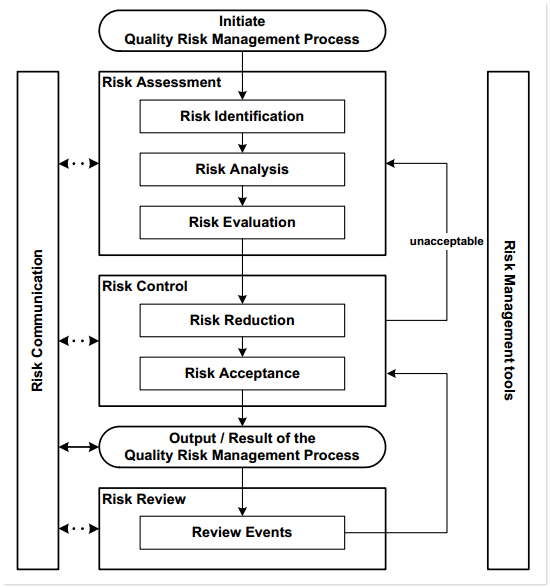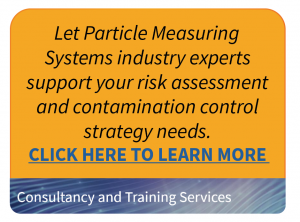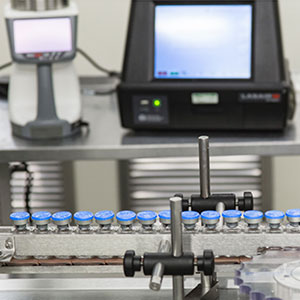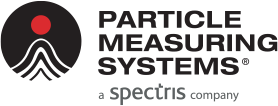Risk assessments are an important first step for a contamination control strategy.
Environmental contamination control is a critical component of sterile pharmaceutical manufacturing, and Risk Management is necessary to ensure that the correct control practices are in place. The Risk Management process is a series of steps, including risk assessment, that allows for a deeper understanding of the manufacturing environment. Removing, reducing, or monitoring activities associated with a product or process to mitigate risk may be the result of such an assessment. This qualitative risk assessment can be transformed into a quantitative evaluation using modern risk analysis tools and procedures; these tools deliver the fully documented rationale behind the path chosen.
Risk Assessments in Pharmaceutical Production
Learn more… Complete the form to download the full paper.






